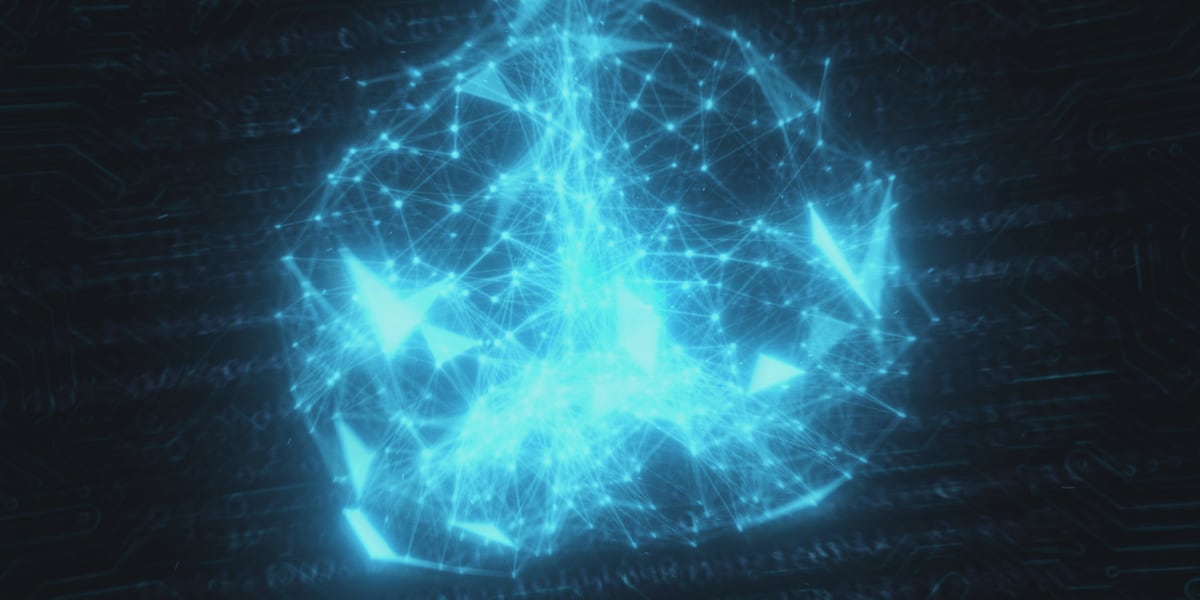NEW ORLEANS (WVUE) – At some point, most people need medical attention, whether for a life-threatening illness or something less serious. And health care is changing with the times.
“For any study, this can shave minutes off my analysis time and it also decreases the risk of human error,” said Dr. David L. Smith, professor of radiology and medicine at LSU Health New Orleans.
The “it” Smith is referring to is artificial intelligence.
“Here’s an example of a summary report that’s given to me by the AI algorithms. It tells me that in all the lungs there’s only one nodule,” he said, looking at the scans on a computer screen in a dark room at University Medical Center in New Orleans.
AI provided him with critical information in real time.
“It automatically identifies the nodule and tells me not only its size and volume, but also that it is completely unchanged from last year, which helps me understand that this is the behavior of a benign nodule and not cancer,” Smith said.
Just down the street from UMC is the Tulane University School of Medicine.
Dr. Alex Abdallah “Alex” Attia is a physician-scientist and instructor who is also an artificial intelligence engineer.
“The top image is the scanner itself,” Attia said while sitting in his office inside the medical school.
Tulane is currently testing an AI model to help locate tumors.
“So here we are trying to locate the pancreas and the pancreatic tumor,” he said, pointing to his computer screen.
Pancreatic cancer is often detected at an advanced stage.
“And we’re trying to apply AI models to identify, you know, instead of looking at the CT scan – it’s a 2D image – we’re trying to build the tumor in a 3D form so we can have more information,” Attia said.
For some areas of healthcare in the United States, AI is not new.
“Every mammogram read in the last 20 or 25 years has used AI algorithms to try to identify breast cancer. So it’s not absolutely new, especially in radiology,” Smith said. “But the broader applications are certainly new in many areas of health care.”
And AI is developing among doctors.
Sixty-six percent of respondents to a 2024 American Medical Association survey said they are currently using AI, up from 38% in 2023.
“We have AI algorithms that try to detect brain bleeds or clots in blood vessels in the brain or lungs. We have algorithms that identify fractures,” Smith said.
Both Smith and Attia said AI has limitations.
“Any existing tool has limitations. And a big limitation of AI is the quality of the data we train the AI on, right? It’s our responsibility to provide the AI with high-quality data,” Attia said.
Smith agrees.
“You know, AI is only as good as the data that it’s trained on. And if there’s a bias in the data based on populations, etc., based on patient age, ethnicity – if the data that’s being used to train the AI is not applicable to the population or patient that we want to use it on – there could be errors,” Smith said.
And AI can go wrong.
“People have heard about hallucinations, where sometimes the AI gives an answer that’s not true. That’s what it invented, for one reason or another. And we need to be able to determine whether the outcome is good and actionable or whether the outcome is bad. So those are some limitations,” Smith said.
There are guardrails.
“First of all, any algorithm that we use in health care has to go through the FDA, so everything we use is approved by the FDA,” Smith said.
Attia added: “We follow non-negotiable policies like HIPAA. You know, we’re not allowed to share patient data, even with the AI model.”
FOX 8 asked Smith and Attia if they foresee AI replacing medical professionals.
“I don’t think AI will take away people’s jobs. We are in shortage,” Attia said.
At the UMC, Smith said: “No one knows what may happen in 25, 50 or a hundred years, of course, but in the short to medium term, I think the answer is no. AI does not yet have the skills to replace humans.”
However, not everyone is convinced.
“There was a lot of talk about some early proclamations, particularly with regard to radiology, when we were advised to stop training radiology residents because AI was going to take over radiology within a decade,” Smith said.
These predictions did not come true.
“What human beings are able to do in terms of integrating all the information presented to us is something that AI is not able to do at this time,” Smith said.
Still, AI plays an important role in healthcare.
“Here at Tulane, we try to optimize and adapt to new environments and new technologies to optimize our workflow to provide a better quality of life for our patients,” Attia said.
Smith agrees.
“It’s extremely effective in making health care more efficient,” Smith said. “So, for example, it reduces the time it takes me to do the same work that I could have done in years past in 10 minutes – maybe it will cut that time in half. And that means I can see more cases. I can take care of more patients in the same amount of time.”
See a spelling or grammar error in our story? Click here to report it. Please include the title.
Subscribe to Fox 8 YouTube channel.
Copyright 2025 WVUE. All rights reserved.










